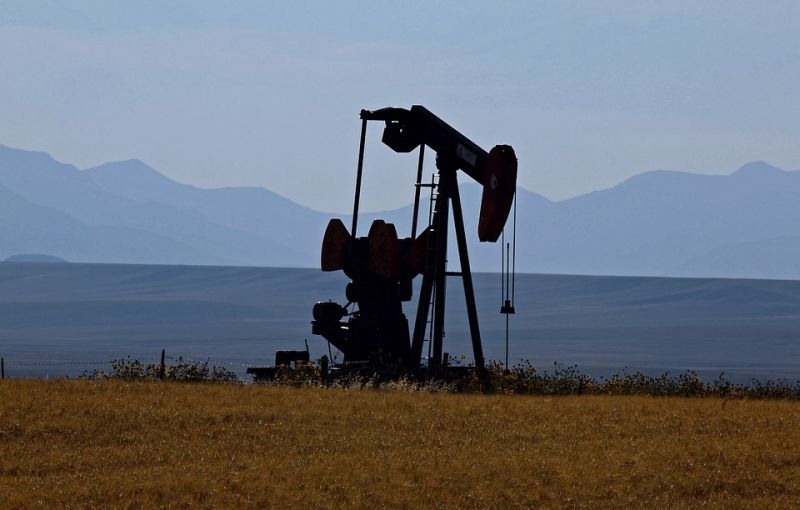Waste Treatment Costs Could Limit UK Fracking
Published on by Water Network Research, Official research team of The Water Network in Academic
A lack of specialist waste treatment facilities could limit the development of fracking in the UK, research suggests.
Safe treatment and disposal of the wastewaters arising from fracking could cost more than £1 million over the lifetime of each well, Edinburgh researchers say.

Image source: Pixabay
Wastewater make-up
Scientists studied wastewaters from wells in the US to better understand the volume and make-up of wastewater that would be generated by a UK shale gas industry.
They reviewed the methods used to treat waste from the fracking process, in which gas is extracted from shale rock by injecting water and sand at high pressure.
Although the chemical make-up of UK wastewater is not well known – as only one shale gas well has produced such waste to date – the water can be several times saltier than seawater and contains naturally occurring radioactive material.
Salinity treatment
They found that treating the salinity and other chemicals in wastewater at existing facilities could cost between £100,000 and £1 million per well under current treatment regulations.
This would require between 2 and 26 per cent respectively of the expected total revenue from each well, researchers say.
Radioactive material
More than £160,000 per well could also be needed to treat and dispose of the naturally occurring radioactive material – known as NORM – present in wastewater, the team says.
They found that the capacity for this treatment is currently limited and could restrict fracking operations if not addressed.
The research, published in Environmental Science: Water Research and Technology, was supported by the European Union’s Horizon 2020 funding programme.
Source: The University of Edinburgh
Media
Taxonomy
- Solid Wastes & Wastewater Recycling
- Fracking
- Oil Field Chemicals
- Waste Disposal
- Waste Management
- Oil & Gas